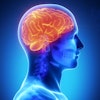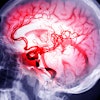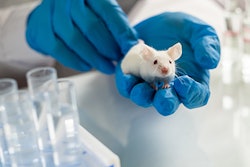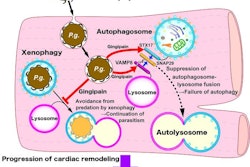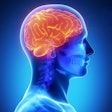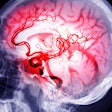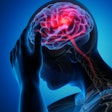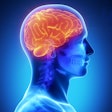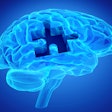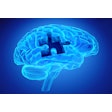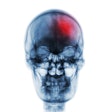A gum disease germ linked to Alzheimer’s disease may also be linked to advanced cognitive decline in patients with Parkinson’s disease, according to a news release dated June 9 from King’s College London in the U.K.
Furthermore, Porphyromonas gingivalis may travel from the mouth to the gut, where it releases toxins that may impact the brain in these patients, according to the release.
“The emerging evidence underscores the potential importance of maintaining oral and gut health in mitigating or slowing neurodegenerative processes,” Dr. Saeed Shoaie, senior lecturer in systems and synthetic biology at the university and co-author of the study, said in the release.
For this study, researchers analyzed gut and mouth bacteria from 228 stool and saliva samples. The samples came from three groups: people with Parkinson’s and mild cognitive decline, those with Parkinson’s and dementia, and a healthy control group without Parkinson’s.
The analysis revealed differences in the types and functions of bacteria among the groups. In individuals with cognitive impairment, the gut contained more harmful bacteria, many of which likely originated in the mouth. This movement of bacteria from the mouth to the gut is called “oral-gut translocation,” according to the release.
Once in the gut, these oral bacteria release toxins that can damage gut tissue, promote inflammation, and potentially impact the brain. Using artificial intelligence (AI), researchers linked these toxins specifically to cognitive decline in Parkinson’s patients. AI tools also helped identify bacterial species and functions that traditional methods might have missed.
However, further research is needed to examine if gut bacteria impact the brain and whether changing the microbiome can help prevent dementia in Parkinson’s, according to the release.
“Our findings suggest that promoting a healthy microbiome through consistent oral care, a balanced diet, and potentially targeted probiotic interventions could support improved disease management in Parkinson’s,” Shoaie said.

